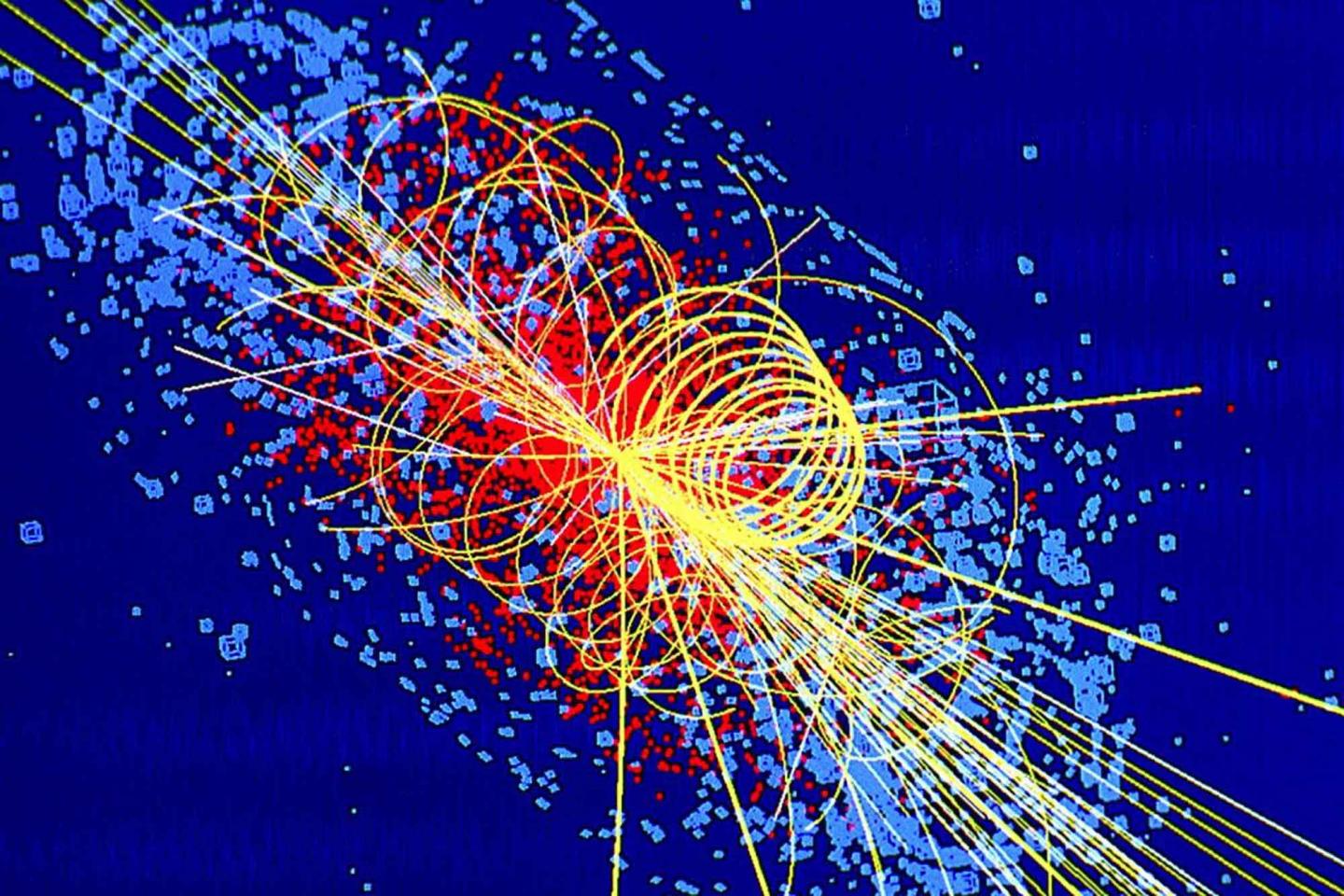A year ago today, physicists from the ATLAS and CMS experiments at CERN proudly announced the discovery of a new boson looking very much like the Higgs boson.
After carefully starting to assess its properties, the collaborations confirmed in March this year that the particle they detected is indeed a Higgs boson. But there is still work to do to determine what kind of Higgs boson it is.
“The efforts leading to the discovery of the new boson last year could be compared to a 100-metre sprint. From now on we are entering a marathon to check its properties as best as we can to be able to distinguish between different theories,” says Sergio Bertolucci, CERN Director of Research and Computing.
CERN physicists working on the Higgs boson have spent the last year checking the various ways in which it can be produced, its different decay modes, as well as its spin and its parity.
So far these checks have confirmed that the particle is consistent with the Higgs boson predicted by the Standard Model, a theory that describes the fundamental particles of matter and how they interact.
“For me, it is really amazing to see how accurate the Standard Model predictions are. Everything is absolutely consistent so far, it is a huge achievement for the theory!” says Nazila Mahmoudi, a theorist at CERN.
However, given the experimental error on these tests, it is still premature to rule out other possibilities. For example, some models of supersymmetry predict there would be not one but five Higgs bosons. The new discovered boson would then be the lightest of them.
Work is underway to complete the analyses of all the data recorded from the Large Hadron Collider (LHC) so far. More data will become available in 2015 when the LHC restarts after the ongoing consolidation program. And stay tuned for the upcoming European Physics Society conference starting on July 18 in Stockholm, Sweden, where the collaborations will present all their latest results.

